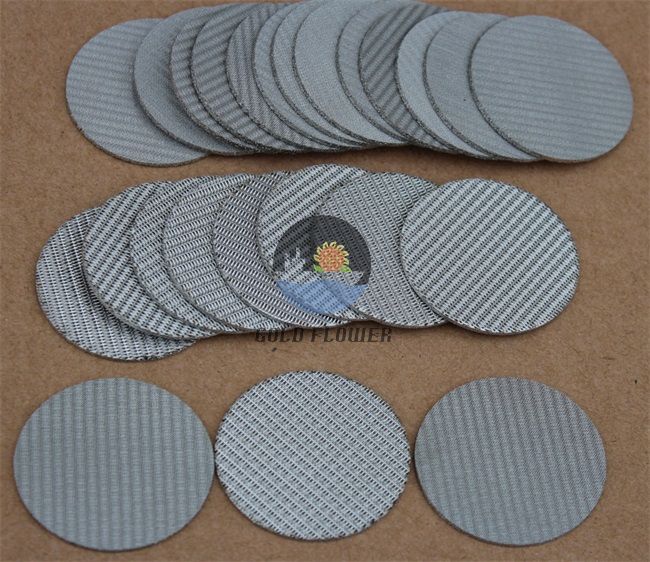Окт . 18, 2024 16:34 Back to list
best wire mesh weave
The Best Wire Mesh Weave An Overview
Wire mesh has become an essential component in various industries like construction, agriculture, transportation, and filtration. The effectiveness and suitability of wire mesh are significantly influenced by its weave type. Among the myriad of weaving techniques, some stand out for their durability, functionality, and adaptability. This article explores the best wire mesh weaves, their properties, and applications.
Understanding Wire Mesh Weaves
Wire mesh is created by interlacing wires in specific patterns, forming a grid-like structure. The type of weave determines the mesh's strength, flexibility, and resistance to environmental factors. The most common weaves include plain weave, twill weave, and Dutch weave, each offering unique characteristics.
1. Plain Weave This is the most basic and widely used weave. In a plain weave, each wire passes over and under adjacent wires alternately. It provides good stability and is relatively easy to produce. Plain weave wire mesh is typically used in filters, baskets, and fences due to its simple design and effectiveness.
2. Twill Weave The twill weave involves a more intricate pattern where each wire crosses over multiple wires before going under others, creating a diagonal ribbing effect. This weave enhances strength while maintaining flexibility, making it ideal for applications that require both characteristics. Twill woven wire mesh is often used in applications such as screen filters and architectural elements.
best wire mesh weave

3. Dutch Weave This weave is specifically designed for filtration purposes. Dutch weave meshes have a larger diameter wire in the warp (lengthwise) direction and finer wire in the weft (crosswise) direction. This unique arrangement allows for high-strength mesh while providing excellent filtration properties. It is widely used in the oil and gas industry, as well as in water treatment plants.
Factors Influencing the Choice of Weave
When selecting the best wire mesh weave for a specific application, several factors should be considered
- Purpose The intended use is crucial. For instance, if the mesh is required for filtration, a Dutch weave would be preferable, while a plain weave may suffice for a simple barrier. - Material The type of wire used, whether stainless steel, mild steel, or aluminum, significantly impacts durability and corrosion resistance. - Wire Diameter Thicker wires typically offer more strength and sturdiness, while thinner ones may provide better filtration and flexibility. - Opening Size The size of the openings in the mesh determines what can pass through. This is especially important in applications like sieving or filtration.
Conclusion
Selecting the best wire mesh weave is crucial for ensuring that the material meets specific performance requirements. Plain, twill, and Dutch weaves each offer unique advantages that cater to different needs. By understanding the properties of each type, industries can optimize their operations, enhance product performance, and improve overall efficiency. Whether for agricultural purposes, construction, or industrial filtration, choosing the right wire mesh weave can make a significant difference in application outcomes.
share
-
CE Certified 250 Micron Stainless Steel Filter Mesh | Premium
NewsJul.31,2025
-
CE Certified 250 Micron Stainless Steel Mesh | Premium Filter
NewsJul.31,2025
-
CE Certification Buy Wire Mesh Fence for High Security and Durability
NewsJul.30,2025
-
Stainless Steel Mesh Filter Discs for Precise Filtration Solutions
NewsJul.29,2025
-
CE Certification 250 Micron Stainless Steel Mesh for Industrial Use
NewsJul.29,2025
-
Premium Stainless Steel Weave Mesh for Filtration and Security
NewsJul.29,2025

